A stubborn infection that was complicated by age and other lifestyle diseases attacked the lungs, blood and heart of the late Tamil Nadu Chief Minister
By Sandhya Ravishankar
Editor’s Note: Late Chief Minister of Tamil Nadu J Jayalalithaa was a singularly private person. The fortress of Veda Nilayam in Poes Garden, Chennai allowed no information to penetrate to the outside world.
But in death, Jayalalithaa’s veiled life is being stripped open layer by layer as the Arumughaswamy Commission attempts to make itself relevant to the public and justify what is abundantly clear – that it is an utter waste of taxpayer money.
Conspiracy theories abound – of “slow poison”, of “deliberate neglect”, of “carelessness” in treatment by about 30 doctors, of “collusion” by the Tamil Nadu Health Secretary. All of these are being “leaked” to the press by the Commission itself, adding to the chaos created by the wide-ranging enquiry that has gone well beyond its terms of reference, the abominable keeping of records and the lack of a medical board that has placed the retired judge squarely as a debatable arbiter of complex medical terms and decisions. Politicians have jumped onto the bandwagon, baying for blood, fuelling these ill-advised and baseless conspiracy theories.
It is tragic and unsavoury in equal measure to have to put a number of facts out in the public domain. The Lede has wrestled with the dilemma of a woman’s right to privacy, even a woman who is no more. But this has now been juxtaposed against the public’s right to know what their money is being spent on, a Commission that is at best futile and at worst political. It is time to let Jayalalithaa rest in peace.
The Beginning
Jayalalithaa’s end began much before 22 September 2016, the day she collapsed, breathless in her home and was hospitalised.
Jayalalithaa suffered from high diabetes, hypothyroidism, obesity and as a result of her lifestyle and food habits, suffered the consequences of her existing ailments, according to Dr Sivakumar, her doctor and Sasikala’s nephew who deposed before the Arumughaswamy Commission on 08 January and 14 March 2018.
“Amma did not have any control over what she ate,” stated Dr Sivakumar. She found irresistible grapes, ‘malai vaazhapazham’ (a small sweet variety of bananas), icecream, sweets and cakes baked in five-star hotels. All of these are loaded with sugar and are not advised for diabetics. Jayalalithaa, according to Dr Sivakumar, was also in the habit of consuming a health drink called Revive, which added to her sugar intake.
Since 2015, Jayalalithaa appears to have complained of vertigo, which restricted her movements. A Mumbai-based specialist Dr Charulatha and neurologist with Apollo Hospital Dr Arulselvam treated her for the same. At the end of 2015 Jayalalithaa underwent a scan at Ramachandra Hospital to find the cause of vertigo.
Since her second consecutive term as Chief Minister in 2016, Jayalalithaa’s health appears to have deteriorated quite quickly, prompting visits from a variety of specialists, as testified to by Dr Sivakumar. “These specialists told her not to stay inside one room and instead to often visit places like Siruthavur and Kodanadu so as to be in the midst of nature,” he stated.
Jayalalithaa also suffered from atopic dermatitis, a skin condition, for 15 years before her demise. Since September 2016 though, according to Dr Sivakumar, the allergy intensified. “Amma developed skin allergies due to the ink on newspapers and files that she handled daily,” he said. As a result she was given steroids to control the allergy.
As per multiple testimonies before the Arumughaswamy Commission, the late Chief Minister was suffering from Irritable Bowel Syndrome.
According to the National Health Service in the UK, Irritable Bowel Syndrome is characterised as follows:
“IBS is a common condition that affects the digestive system.
It causes symptoms like stomach cramps, bloating, diarrhoea and constipation. These tend to come and go over time, and can last for days, weeks or months at a time.
It’s usually a lifelong problem. It can be very frustrating to live with and can have a big impact on your everyday life.
There’s no cure, but diet changes and medicines can often help control the symptoms.
The exact cause is unknown – it’s been linked to things like food passing through your gut too quickly or too slowly, oversensitive nerves in your gut, stress, and a family history of IBS.”
It is unclear as to when Jayalalithaa developed this ailment but it is evident that she had to wear adult diapers for a long period of time as a result.
The consequence of this was that the bacteria residing in the large intestine – E. Coli (Escherichia Coli) – entered her urinary tract. “Since Amma had been using these diapers for quite some time, it is highly possible that this bacteria entered her system,” said Dr Raymond Dominic Savio in his testimony on 12 October 2018. A number of other doctors, in their testimonies too have validated this.
The infection spread to Jayalalithaa’s lungs, giving her bouts of frequent fever and a racking cough. On 22 September 2016, she complained of fever and later at night, of breathlessness. A terrific bout of coughing ensued at around 10 pm and the Chief Minister collapsed unconscious.
The Lede had earlier described in detail, based on various testimonies, what actually happened on the night that Jayalalithaa collapsed in her Poes Garden home.
At The Hospital
Jayalalithaa was revived within 30 minutes of first aid and emergency care in Apollo Hospital on the night of 22 September 2016.
Following this, multiple diagnoses were made – first catheters were inserted into her lungs to drain the fluid accumulated due to the infection and the bacterium responsible was identified as the enterococcus bacteria. Antibiotics were also begun.
The infection had entered her blood as well. “When I saw Amma she had a number of problems. She had infection in her lungs and blood. When I saw her Echo (Echocardiogram or ECG), there was mitral valve leakage and a 2 mm perforation. There was vegetation of less than 1 cm in her heart. About a year ago when an Echo was done, there was a similar leakage and it had not increased since then,” testified Dr V Girinath, cardio thoracic surgeon with Apollo Hospital and Padma Bhushan awardee before the Commission on 07 December 2018.
Jayalalithaa was in critical condition with septicaemia due to the infection and Acute Respiratory Distress Syndrome (ARDS). She was put on different types of ventilator at different stages and it was removed only for short periods when doctors attempted to see if she was able to breathe easily on her own. “Even on the day time she was on Oxygen and during night time she was on ventilation,” stated Dr GC Khilnani, head of the AIIMS team and pulmonologist who monitored her treatment in his deposition on 23 August 2018. “Throughout her hospitalisation period she was with the support of ventilator. Now and then the ventilator support was withdrawn depending upon her improvement.”
Doctors battled the infection which was the primary ailment, the issue that had pushed her into critical condition. “After six weeks of treatment, the bacteria in Amma’s blood was completely eradicated,” stated Dr Babu Abraham, senior pulmonogist with Apollo Hospital in his deposition dated 22 October 2018. “But the reaction of that bacteria continued. We call this in medical terms as sepsis. As a result of this reaction, Amma caught a second infection.”
Dr Abraham explained to the Commission that the infection had weakened the immunity of the late Chief Minister. “If you ask me what role the infection played in Amma’s death, I say that the infection made her body very weak. Poor recovery culminated in sending her into a cardiac arrest. The infection combined with Amma’s high blood pressure, diabetes and age together made the diastolic function of her heart fail.”
“A Strong Willed Lady”
That Jayalalithaa was an ‘iron lady’ is not in question. The larger-than-life Chief Minister ran a tight ship and was used to getting her way.
The switching off of CCTV cameras at Apollo Hospital the night of her admission was reportedly the decision of her PSO Perumalsamy. Her staff, security personnel and her colleagues were well aware of her intense need for privacy and hence the decision to switch off CCTV cameras so that no record of her being taken on a stretcher would be made.
As Jayalalithaa recovered from an unconscious state on 22 September 2016, she decided that she did not like the food being provided by Apollo Hospital.
“We gave food prepared in our hospital to Amma for the first two days,” deposed Dr Bhuvaneswari, dietician with Apollo Hospital who oversaw the late Chief Minister’s diet chart. “After this, upon Amma’s request, the management allowed Amma’s cook to prepare her food under the supervision of our chef. The ingredients for preparation of food for Amma were provided from the hospital’s kitchen.” Dr Bhuvaneswari deposed before the Commission on 24 July 2018.
Jayalalithaa’s cook Sekar was tasked with preparing the food she liked in quantities specified by the dietician and within the limit of a maximum of 1600 calories a day, according to Dr Bhuvaneswari. When Jayalalithaa wanted icecream, one spoonful was given. When Jayalalithaa wanted grapes, a small quantity was given, in order to satisfy the Chief Minister.
“Sweets were brought from outside a couple of times and given to her in small quantity. No bakery products were given,” stated Dr Bhuvaneswari. Sweets were proffered when the AIADMK won a bypoll and for the second time during Deepavali.
But a deteriorating Jayalalithaa was unable to take in much food. “We gave her milkshake without sugar because she was not able to eat most of the food being provided to her. I was the one who recommended that milkshake be given. We gave her 100 ml of milkshake but she took only around 50 ml or less,” stated Dr Bhuvaneswari.
Once specialists from abroad were called in for consultations on the line of treatment being provided to her, there were multiple discussions – from whether an angiogram and heart surgery needed to be performed to whether she needed to be flown abroad for treatment.
All doctors, including treating doctors at Apollo Hospital, consulting doctors from abroad as well as the AIIMS medical team from New Delhi, concurred with the decision that there was no immediate need for heart surgery or an angiogram to be done as it would only make the critically ill Chief Minister’s health worse. Only Dr Samin K Sharma of Mount Sinai Hospital suggested that the surgery and angio had to be done at some point and volunteered to do the same since he was available for a day in Chennai on 25 November 2016.
As for taking the Chief Minister abroad, doctors did not feel the need to do so, since, according to Dr Babu Abraham, “we had better and more specialised nursing care.” Other doctors have deposed that the medical facilities available at the hospital, as well as the treatment being meted out to her, was on par with global standards.
Dr Richard Beale, intensivist from London though did present the option of flying abroad for treatment to Jayalalithaa herself. “Dr Richard Beale told me that he had spoken with Sasikala and others and had gone to Amma’s room and informed her of the option to be moved to a hospital abroad. Dr Beale told me after coming out of the room – “Very Strong Willed Lady, I could not convince her to shift abroad,” stated Dr Babu Abraham. Dr Beale himself confirmed the same in a press conference after Jayalalithaa’s demise.
As her health improved, Jayalalithaa was shifted to a private ward. This was not to last for long. The infection relapsed and she was taken back into the special infection-free ICU.
On 04 December 2016, Sasikala, three nurses, Dr Ramesh Venkatraman and Dr Ramadevi were all present in Jayalalithaa’s room when she suddenly became breathless and collapsed. “I was standing next to her cot and witnessed the last time that she was sitting up and how she suddenly became breathless and collapsed,” stated Dr Venkatraman before the Commission on 13 November 2018.
“At around 4.20 pm on 04.12.2016, Amma’s heart failed. From 4.20 pm onwards we continually gave her CPR. Simultaneously along with the CPR we did an echocardiogram. Then we did a sternotomy. By 05.30 pm we connected the ECMO to Amma,” stated Dr Venkatraman.
A number of doctors who monitored her once she was on ECMO stated that they witnessed eye movement thrice and that the machines showed a heartbeat for around half an hour. “At around 10.30 pm on 04.12.2016, we have noted that Amma’s eyes moved thrice. This means that Amma had not passed away at the time. That is the reason we continued the ECMO treatment,” he added.
The Sasikala Angle
In all of the accounts, it is evident that the late Chief Minister was dependent on her close aide VK Sasikala. Multiple testimonies show that Sasikala would go to Jayalalithaa’s side whenever the latter called, at any time of the day or night. She would stay by the side of the late Chief Minister until she fell asleep.
Sasikala was also with her during meal times, coaxing the patient to eat.
Doctors and PSOs also deposed about “genuine grief and tears” displayed by Sasikala when the finality of death loomed large.
In conclusion, the gravest crime committed so far by all parties involved – the State government, Apollo Hospital as well as Sasikala – appears to have been to keep Jayalalithaa’s privacy intact, a move that has fuelled doubt over how the Chief Minister died. Sasikala’s detractors have added fuel to the doubts, turning them into conspiracy theories of murder most foul.
Apollo Hospital has committed a costly mistake that it is currently paying a heavy price for before the Commission – for not maintaining proper records while the Chief Minister was hospitalised, leading to lacunae in their claims. Such lacunae always provide scope for misinterpretation and the hospital’s legal team is desperately firefighting to keep the narrative straight.
Sasikala has perhaps taken the worst decisions after Jayalalithaa’s demise. Her attempts to take over as AIADMK chief and subsequently become the Chief Minister only dented her image amongst the public further and she was painted as a power-hungry politician who would go to any length – and Jayalalithaa’s death too was pinned on her in the public imagination.
In all of this, Deputy Chief Minister O Panneerselvam stands to be the biggest loser. His gamble with the Arumughaswamy Commission is not likely to have a happy ending. Whatever happens with the Commission, this case will go to court. And the retired judge is not likely to come out of this smelling of roses.

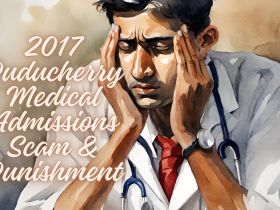

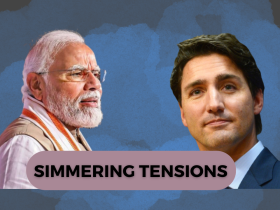
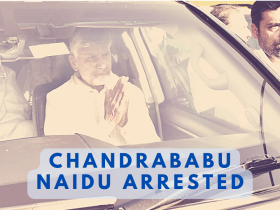
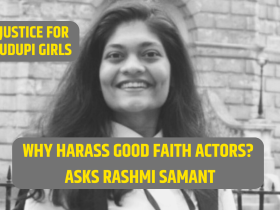
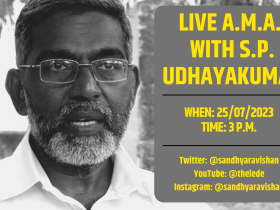
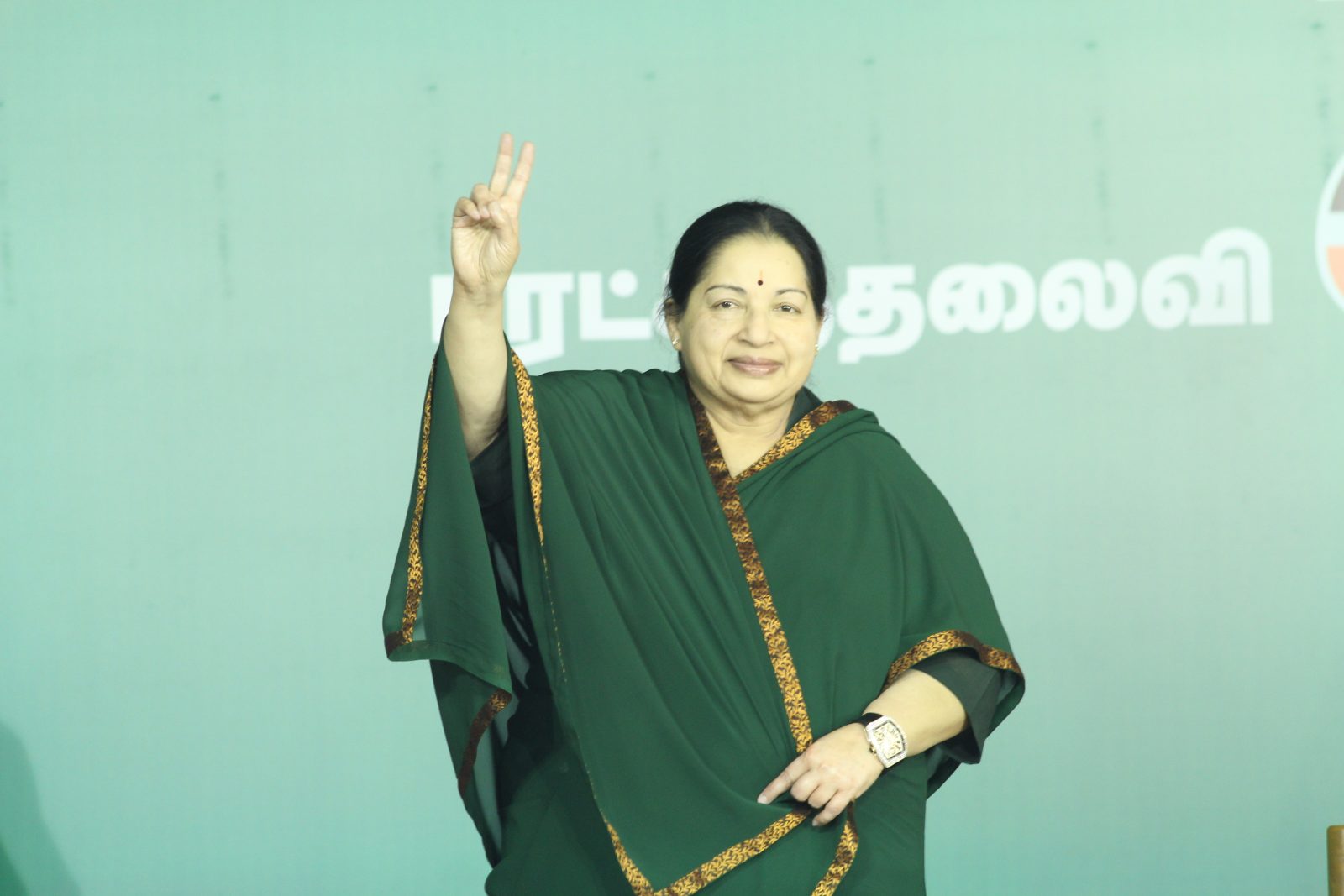
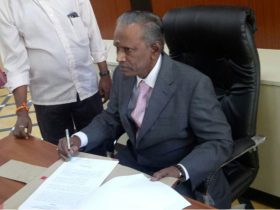
Leave a Reply